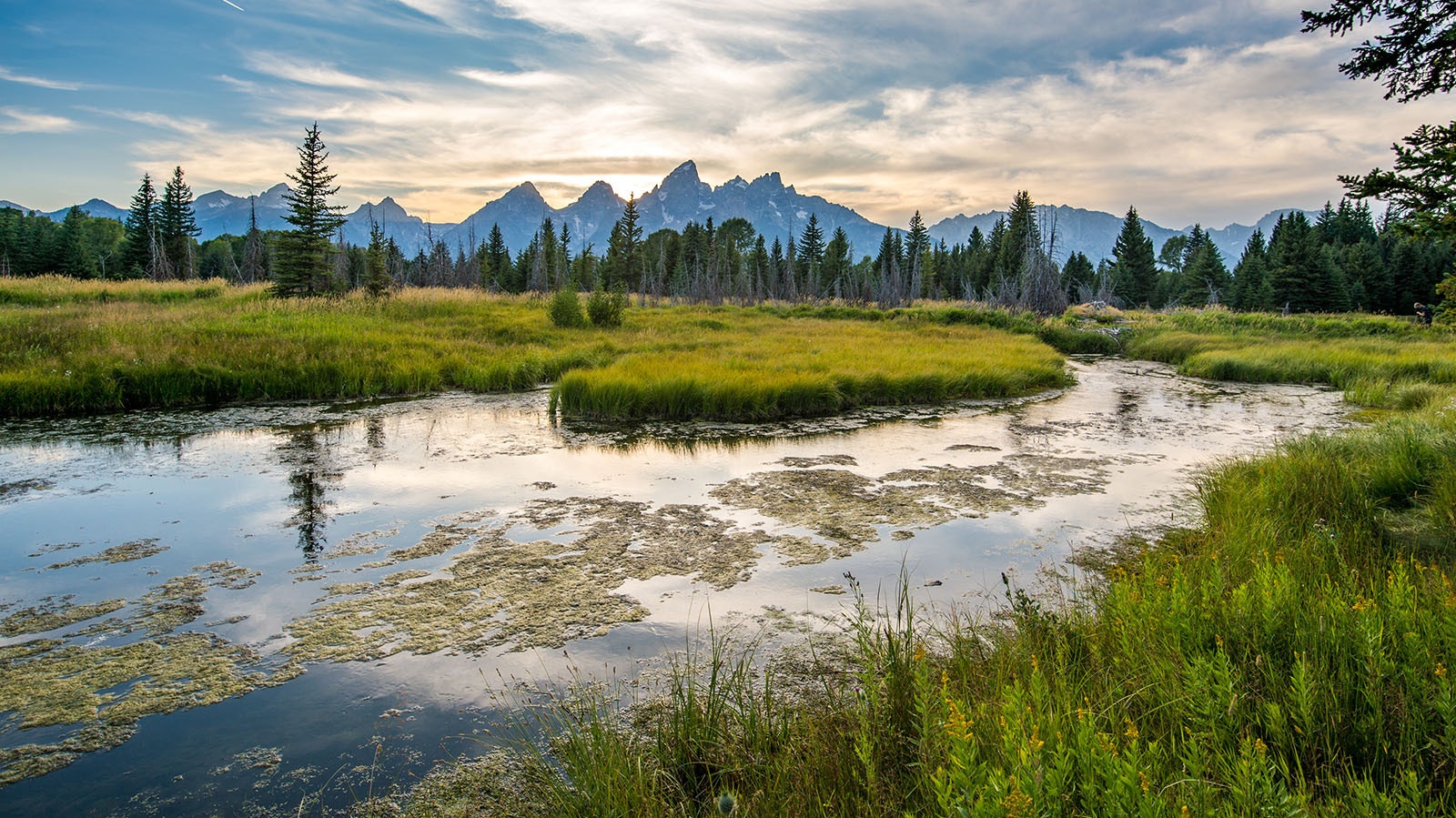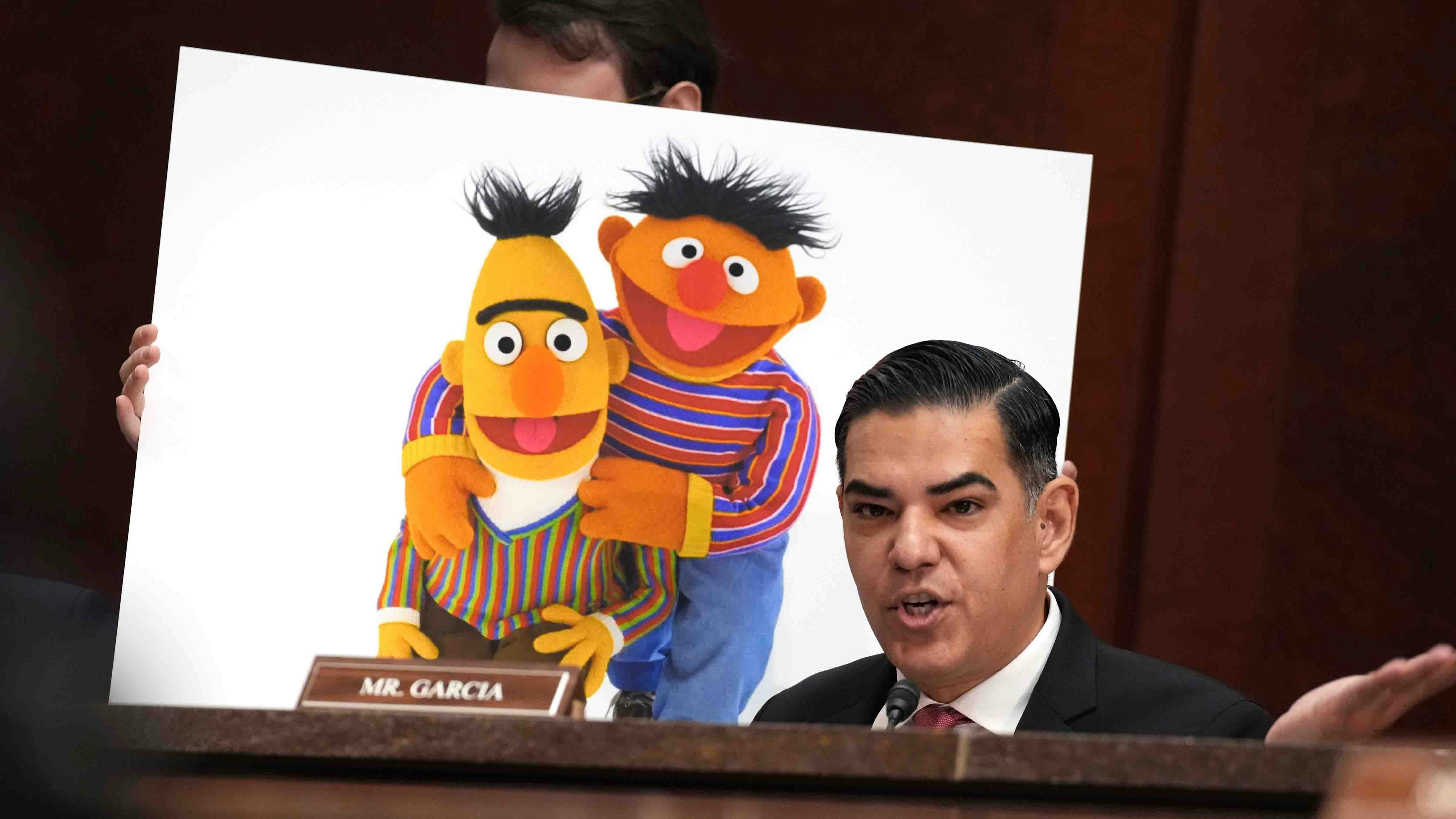The U.S. Supreme Court has ruled that the Environmental Protection Agency has overstepped its authority to police water on private property.
In its Thursday ruling on Sackett v. Environmental Protection Agency, which directly impacts Waters of the United States (WOTUS) rules, the court decided that the Clean Water Act does not allow the EPA to regulate discharges into some wetlands near bodies of water.
The court ruled that the EPA only has jurisdiction over navigable waters of the United States, not non-navigable wetlands, drainage ditches and small ponds on private property. Justice Samuel Alito Jr. wrote in the opinion that law only covers wetlands “with a continuous surface connection” to those waters.
William Perry Pendley, former acting director of the Bureau of Land Management and a Wyoming attorney, said the decision recognizes the potential overreach of federal governmental control.
“It had nothing to do with pollution and everything to do with bureaucrats threatening landowners and threatening to send them to jail,” he told Cowboy State Daily. “Private landowners have the right to use their property."
Helps Define Law
Pendley said the Supreme Court has ruled on a number of similar cases, and although it erred on the side of private property owners, until now never issued a strict enough directive to prevent the EPA from circumnavigating.
U.S. Sen. Cynthia Lummis agrees.
“The Biden administration clearly overreached its authority in defining which waters received federal protections, and I’m glad the Supreme Court agreed with what Republicans have been saying all along," Lummis said in a Thursday press release. "After decades of uncertainty, we finally have a majority opinion from the Supreme Court that will lay this issue to rest once and for all.”
U.S. Rep. Harriet Hageman, R-Wyoming, also praised the decision, saying in a press release that it’s “a great day for Wyoming, a great day for private property rights, and a great day for farmers and ranchers. It is, however, a sad day for unelected bureaucrats who think they should be able to dictate how we use our land and water.”
Unanimous, But Not Total Agreement
The decision was unanimous, with all the justices agreeing that the private property owners who brought the case should not have been subject to governmental oversight.
Although Justice Brett Kavanaugh and the three liberal justices agreed with the concurring opinion, Kavanaugh said the decision would hinder the EPA’s ability to combat pollution.
“By narrowing the act’s coverage of wetlands to only adjoining wetlands, the court’s new test will leave some long-regulated adjacent wetlands no longer covered by the Clean Water Act, with significant repercussions for water quality and flood control throughout the United States,” he wrote.
Hageman, a land and water attorney, said that’s as it should be.
“The feds had clearly exceeded their authority under WOTUS and had expanded on the original law by redefining what is a ‘navigable body of water,’” she said.
Making it unanimous, U.S. Sen. John Barrasso, R-Wyoming, also hailed the ruling.
“This ruling is a big win in our fight to stop federal overreach and protect Americans’ private property rights,” he said in a Thursday statement.
‘Never Been About Pollution’
The Sackett case was actually a second part of a 16-year saga between Idaho landowners Michael and Chantell Sackett and the federal government. After the couple started preparing their property for construction in 2007, the EPA ordered them to stop and return the property to its original state.
The couple sued, and in 2012, the Supreme Court ruled that the couple had the right to challenge the EPA over the matter. The case was finally resolved Thursday.
“It’s a two-part victory based on what happened to the Sacketts in 2012,” Pendley said. “It’s a huge victory for landowners.
In 2016, Fort Bridger resident Andy Johnson took the EPA to federal court, asking a judge to stop the agency from fining him more than $16 million because he built a small pond on his property that had already been approved by the state of Wyoming.
With the help of the late former U.S. Sen. Mike Enzi and Barrasso, Johnson reached a settlement with the federal government that allowed him to keep the pond with a federal permit or fine.
Weaponized Water
Pendley said the WOTUS rule has been abused since its establishment.
“The federal government could set rules with whatever it wanted to do with private property,” he said.
Pendley said he represented a client from New Mexico in 1992 in a similar dispute that was struck down by an Idaho federal court. Former President Donald Trump referenced that decision while sharply curtailing the EPA’s jurisdiction on waters during his administration.
Pendley said Trump took a firmer stance on this issue than any previous president dating back to former President Jimmy Carter.
“They were all wrong, but Trump got it right,” Pendley said.
Pendley said President Joe Biden immediately rolled back Trump’s changes once taking office.
“Frankly, if these liberal justices are being honest, there’s no way Biden has done what he is authorized to do,” he said.
Thursday’s decision follows a ruling the court made last year limiting the EPA’s power to address climate change under the Clean Air Act.
Contact Leo Wolfson at Leo@CowboyStateDaily.com





